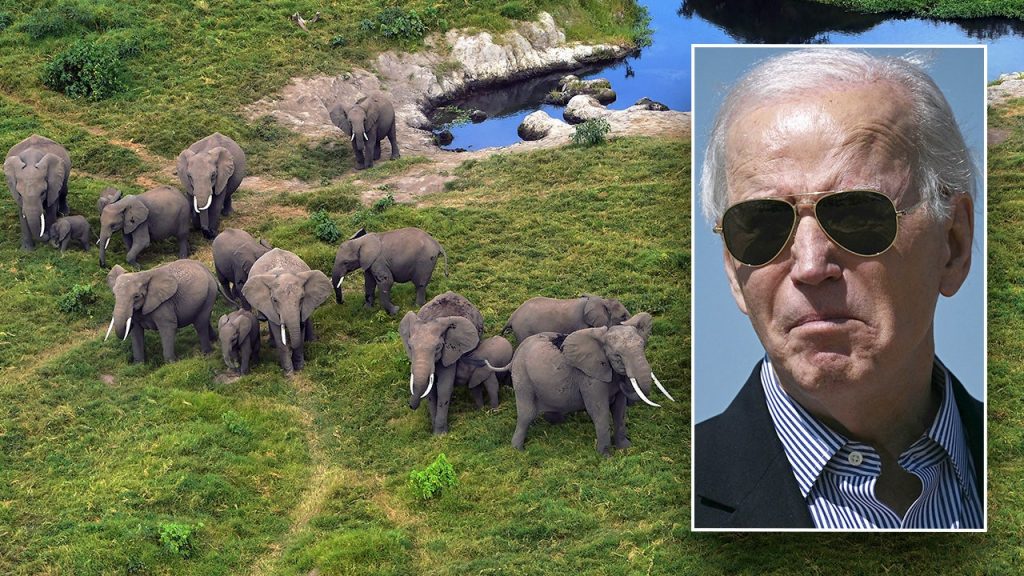The Biden administration recently announced new regulations aimed at strengthening protections for African elephants, under the Endangered Species Act. While wildlife activists expressed disappointment that the regulations stopped short of issuing a total ban on imports of hunting trophies and live animals, they acknowledged that the restrictions would aid in the long-term conservation and survival of elephants in the wild. The U.S. Fish and Wildlife Service emphasized the importance of collaborative conservation efforts and stated its commitment to supporting African nations in managing and conserving elephant populations.
Under the finalized regulations, live African elephants, hunting trophies, and other elephant parts and products may be imported into the U.S. However, imports are only allowed from countries with conservation laws in place and must go to American facilities able to properly care for the animals. The administration justified its decision by emphasizing the need for well-regulated hunting practices to achieve conservation goals. Despite the new restrictions, wildlife advocates remain committed to pushing for a complete ban on imports of elephant products at the federal level, expressing disappointment that the regulations fall short of such a ban.
Advocates such as Tanya Sanerib, the international legal director at the Center for Biological Diversity, criticized the regulations as insufficient, stating that they do not address the threat elephants face from trophy hunting. Jeff Flocken, the president of Humane Society International, welcomed the new restrictions but also called for stronger measures. He stressed the importance of fighting for a full ban on the trade in African elephant hunting trophies and expressed hope that similar measures could be applied to other imperiled species in the future.
The regulations are set to take effect on May 1, 2024, after being first proposed in November 2022. The U.S. Fish and Wildlife Service received thousands of comments from stakeholders during the rulemaking process, with a majority advocating for increased conservation efforts for African elephants. Organizations like the Performing Animal Welfare Society, Friends of Animals, and the Animal Welfare Institute used the opportunity to call for a complete ban on the import of live African elephants, citing concerns about captive animals suffering in captivity and the need for stronger protections for these intelligent and social creatures.
The Biden administration’s decision to strengthen protections for African elephants through new regulations reflects a commitment to conservation efforts and collaboration with range countries. While the regulations fall short of a total ban on imports of hunting trophies and live animals, advocates remain hopeful that further measures will be implemented in the future. By emphasizing the importance of well-regulated hunting practices and accountability measures, the administration aims to support the long-term conservation and survival of African elephants in the wild.















